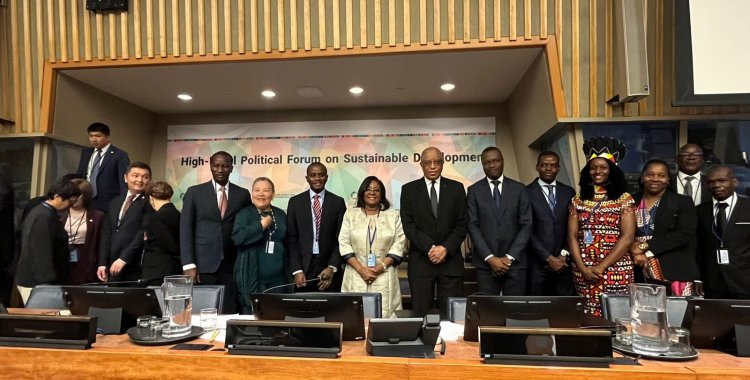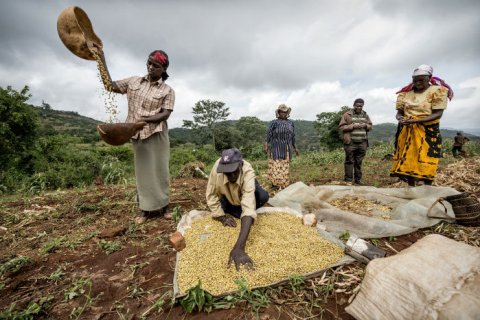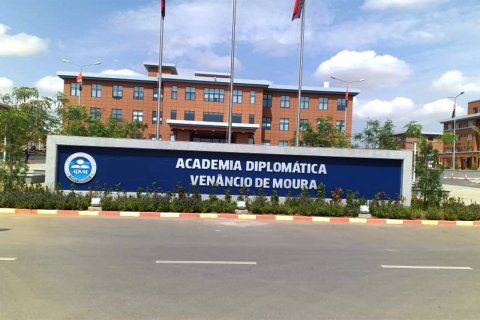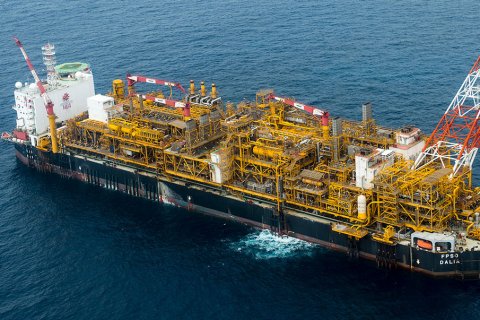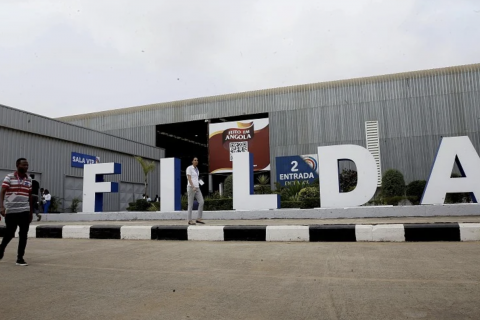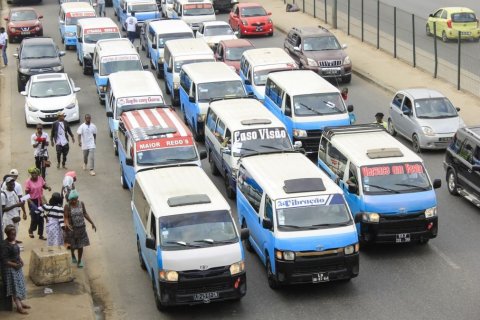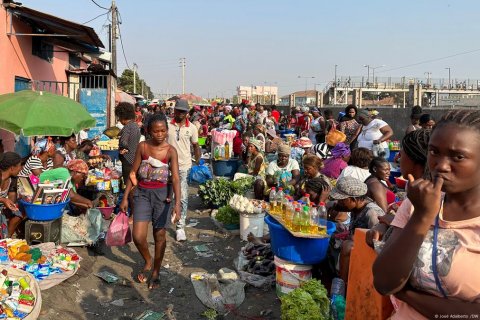Speaking last Friday at UN Headquarters in New York, during the presentation of Angola's 2nd Voluntary National Report on the implementation of the 2030 Agenda, Maria do Rosário Bragança revealed that "investments made in the social sector, with an emphasis on health, in recent years have enabled the country to achieve significant progress in reducing maternal mortality and mortality among children under five."
Quoted in a government statement that VerAngola had access to, the official said that these advances "have had a positive impact on increasing life expectancy at birth, as a result of the implementation of the National Health System Expansion and Improvement Program, as well as the increase in highly complex referral health units, which strengthen the National Health Service."
Regarding gender equality, the minister said that "there has been considerable progress," especially regarding "gender parity, reflected in the increased representation of women in key government positions, and in the strengthening of the legal framework, notably the creation of the Angolan Gender Observatory."
According to the minister, "female representation in political and decision-making positions has improved; parliamentary seats held by women increased from 29.6 percent to 39.5 percent, and in political positions, they rose from 20.1 percent to 26.0 percent."
"On the same occasion, she said that macroeconomic stabilization measures have been a priority, focusing on increasing food and nutritional security, generating decent jobs, especially for youth, and increasing income for families and businesses," the statement reads.
For the minister, "strengthening governance, efficient public management, and continued structural reforms are fundamental" to ensuring sustainable and inclusive development, "consolidating Angola as a competitive and resilient country."
Regionally, the minister explained that the country remains committed to peace and stability on the African continent.
"At the regional level, Maria do Rosário Bragança clarified that Angola continues to demonstrate a firm commitment to peace and stability in Africa and to regional integration, emphasizing that the country has played a vital role in global efforts to end the conflict in the eastern Democratic Republic of the Congo," the statement said.
She also emphasized that, for the first time, the country assumed the presidency of the African Union, "prioritizing investment in infrastructure as a factor in Africa's development."
For this reason, she added, Angola is strongly committed "to the operationalization of the Lobito Corridor, a railway infrastructure connecting Angola, the Democratic Republic of the Congo, and Zambia."
"Likewise, she assured that the country will continue to promote sustained economic growth through infrastructure to support the productive sector, such as the Lobito Corridor, which is fundamental to regional economic integration within the African Continental Free Trade Area," the statement read.
She also highlighted "the role of economic diplomacy in capitalizing on Angola's Presidency of the African Union in an uncertain and adverse international context."
Regarding social protection, the minister highlighted "ongoing initiatives, such as the Integrated Program for Local Development and Poverty Alleviation and the Social Protection Strengthening Program (Kwenda)."
According to the minister, "to address the effects of climate change, Angola will continue implementing the National Climate Change Strategy, as well as the Drought Combat Program, aiming to enhance climate resilience, primarily in the southern region of Angola."
On that occasion, he also reiterated the Government's commitment "to achieving the Sustainable Development Goals, to leave no one behind."
The new Long-Term Strategy 2025-2050 is aligned with the United Nations 2030 Agenda and the African Union's Agenda 2063.
She stated that the "goal is to promote a society that values and empowers its human capital, a diversified and prosperous economy, a resilient and sustainable ecosystem, and a nation open to the world, safe, and with equal opportunities."
The Minister of State also emphasized that "these priorities are being implemented within the framework of the National Development Plan 2023-2027, with a focus on developing human capital and raising food and nutritional security levels."
Last year, he reported, the country "prepared a study on the systemic analysis of the accelerators of the Sustainable Development Goals, which identified the sectors of health, education, social protection, agriculture, climate action, water and sanitation as being the 'accelerators' of the SDGs in Angola."
"Following the study, Angola's Sustainable Investment Map was created, which highlights significant investment opportunities in the food and beverage, education, renewable energy, infrastructure, financial services, and services sectors," the statement reads.
The country presented its first Voluntary National Report in 2021, "showing progress in education, health, gender equality, social protection, justice and human rights, and the environment, as a result of the effective implementation of public policies."

